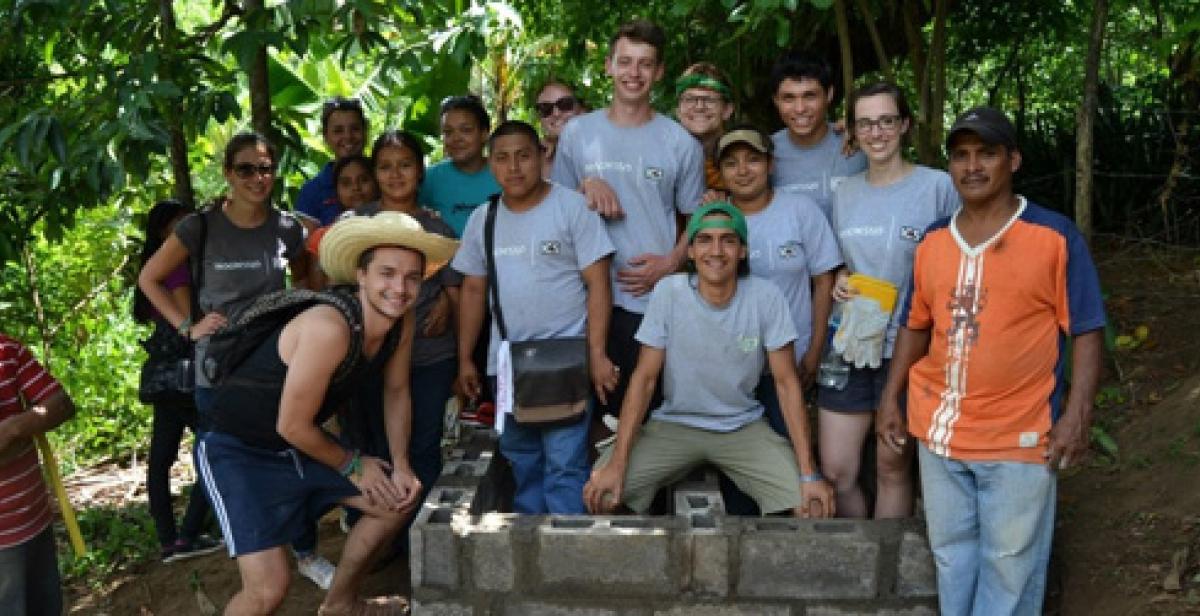Since we started working in Masaya the one thing we've been talking about all the time is communication. We are constantly learning to communicate better with the other volunteers, our Nicaraguan families, and the wider community in El Pochote. Now, rather than just nodding and smiling when my Nicaraguan abuela is telling a joke, I can actually understand and laugh along with everyone.
When we arrived, everyone’s levels of Spanish differed incredibly. Many spoke no Spanish, some knew odd words, and others had studied or were still studying it at university. Although our Spanish levels were different we were all living in host families, with Nicaraguans, most of whom did not speak English. We had to find ways to communicate with them. One of the first difficulties was trying to understand how everyone in the extremely extended families in each house was related.
We have been having Spanish classes every day for two hours and while this is often not exactly what we want to do after an extremely muddy, sweaty hard day of digging in El Pochote, it's amazing to see how far everyone has come. People who had never studied a language before can now have conversations with their host families, understand when a volunteer wants the hammer not the spade, and joke around with them when they laugh at us not understanding what they say.
Those working in the language role have been diligently helping the other volunteers by both translating during meetings and also by facilitating the classes for the Nicaraguan volunteers. They have been teaching three different groups catering to their different levels of English, which is helping everyone to communicate even better with each other within the group as a whole.
Further to this, we have started teaching classes in the Pochote and Monimbo schools twice a week to try to continue the work that was started during the last cycle. With tourism becoming a booming industry in Nicaragua, other languages are going to be a really important skill. The British volunteers, aided by those Nicaraguans with good English, have been teaching the students how to introduce themselves, say how they are, count, and say the names of animals in English.
All these experiences haven't just taught us about improving our Spanish, although this has been a big part of it, but also about how to communicate better, whether in your own language or someone else's. When you have to work hard to be understood, or can't use language at all, you learn to find different, often better, ways to communicate: whether that is by singing the hokie cokey with the children; doing a silly mime of what digging, swimming or a monkey looks like; or simply finding ways to express your ideas in a less complicated way.
Written by ICS volunteers Katie Exell and Nathan Ellis



